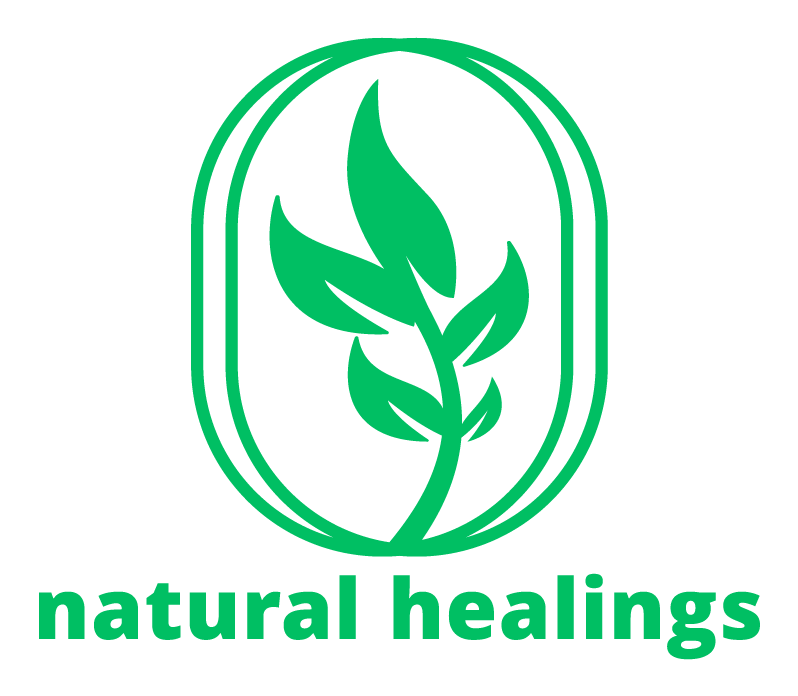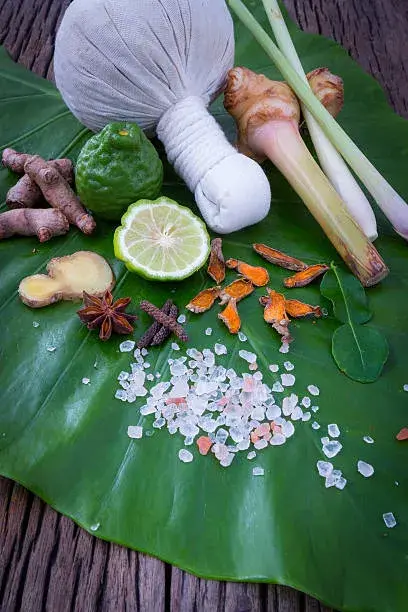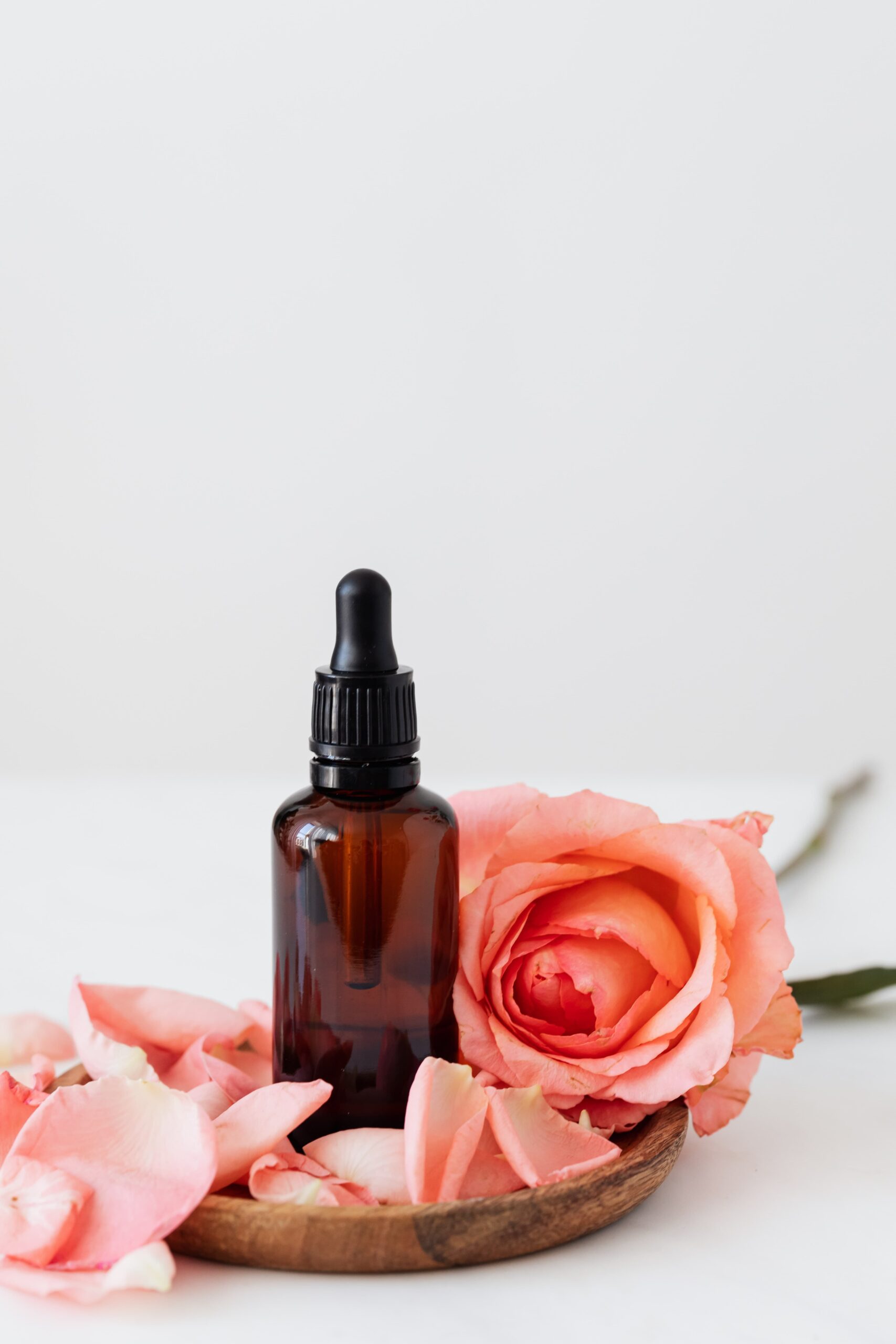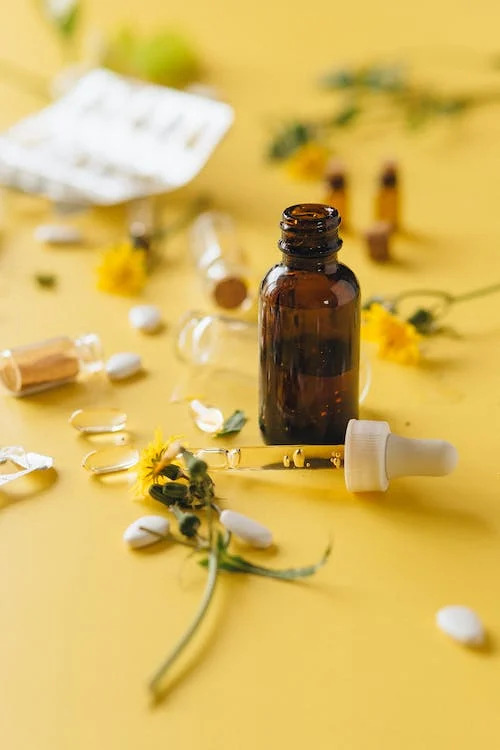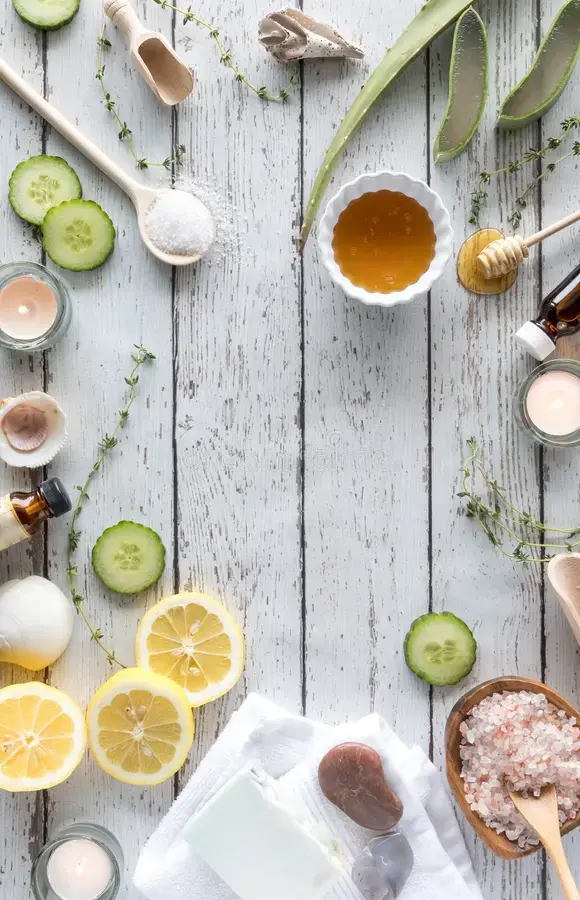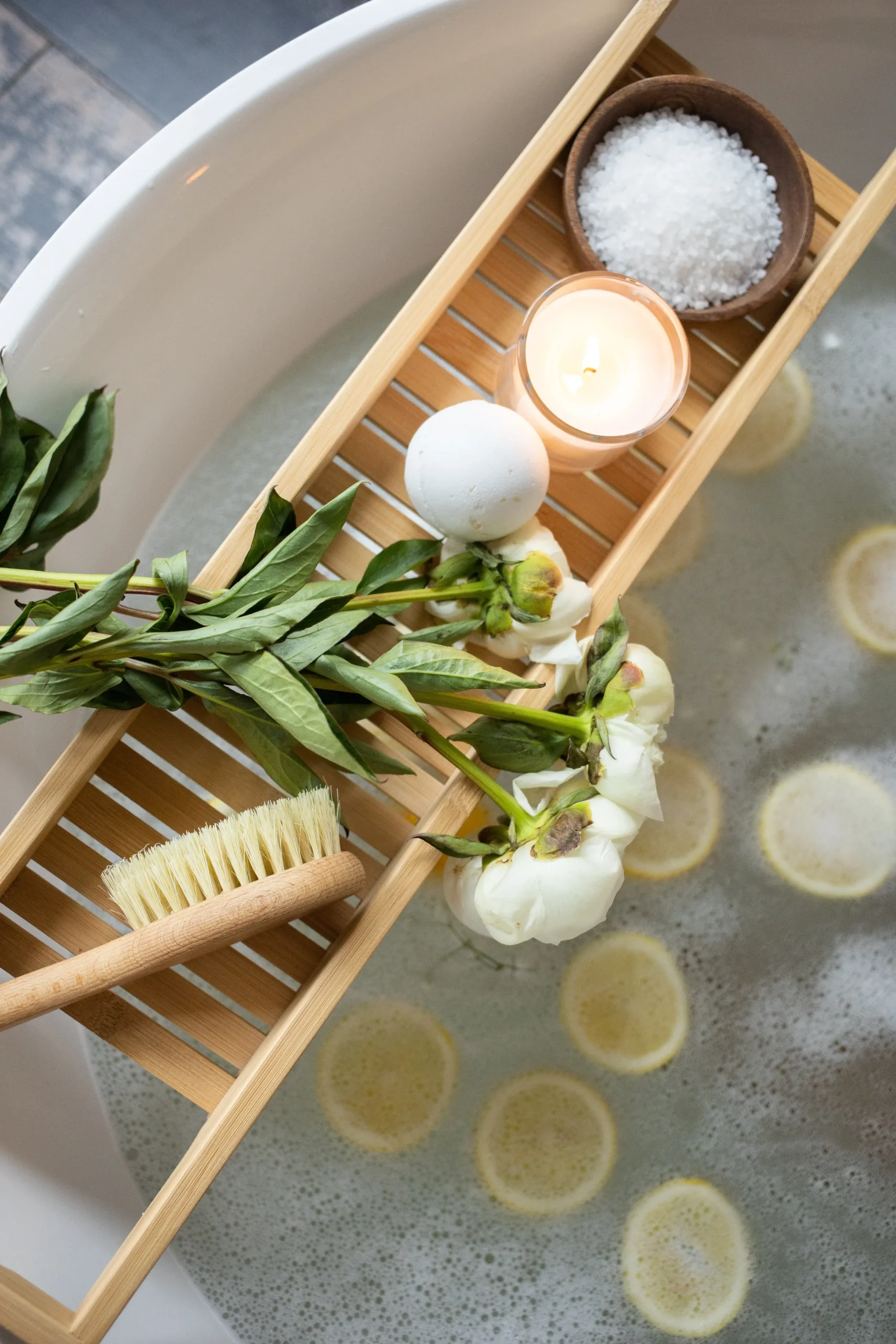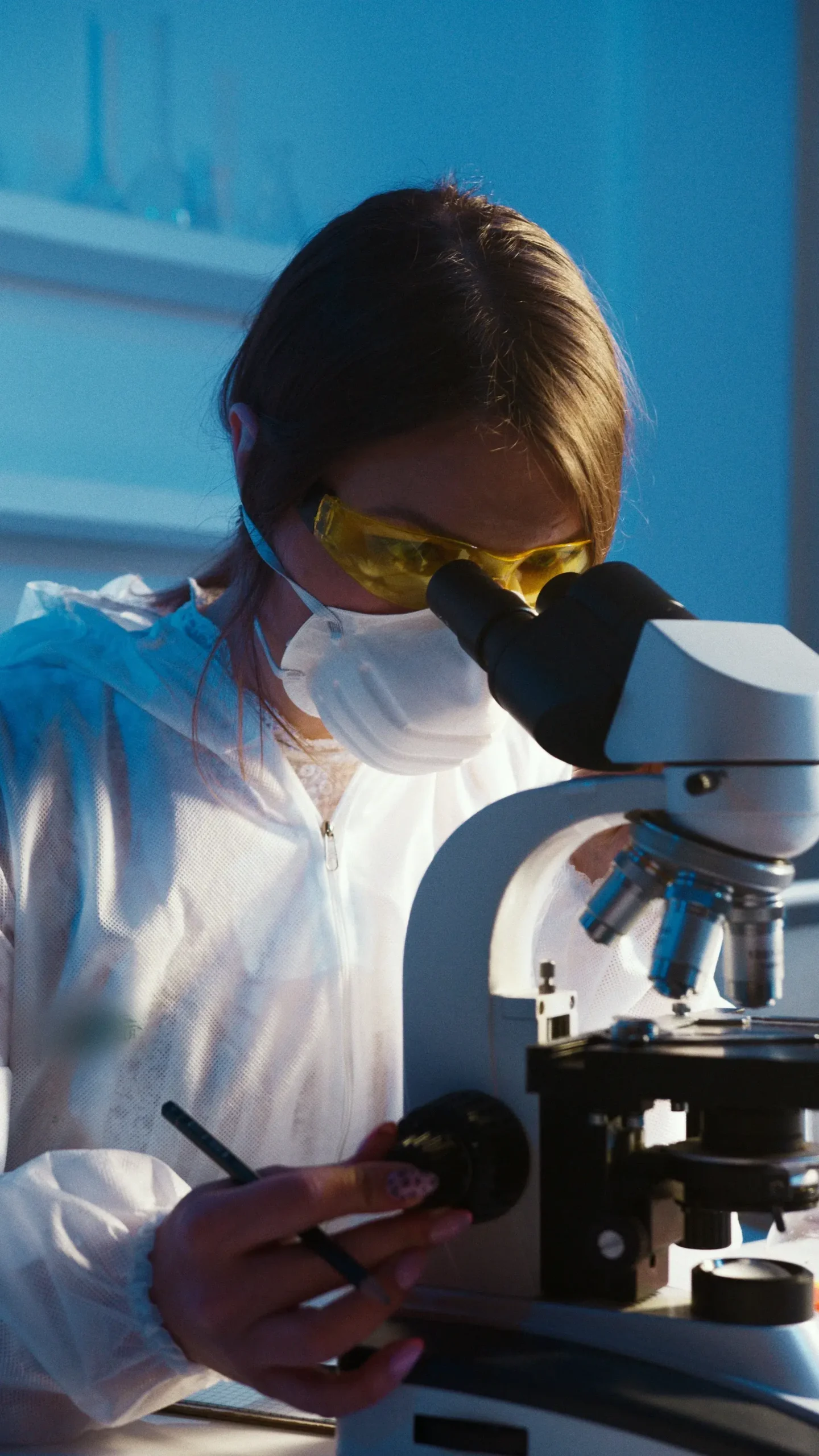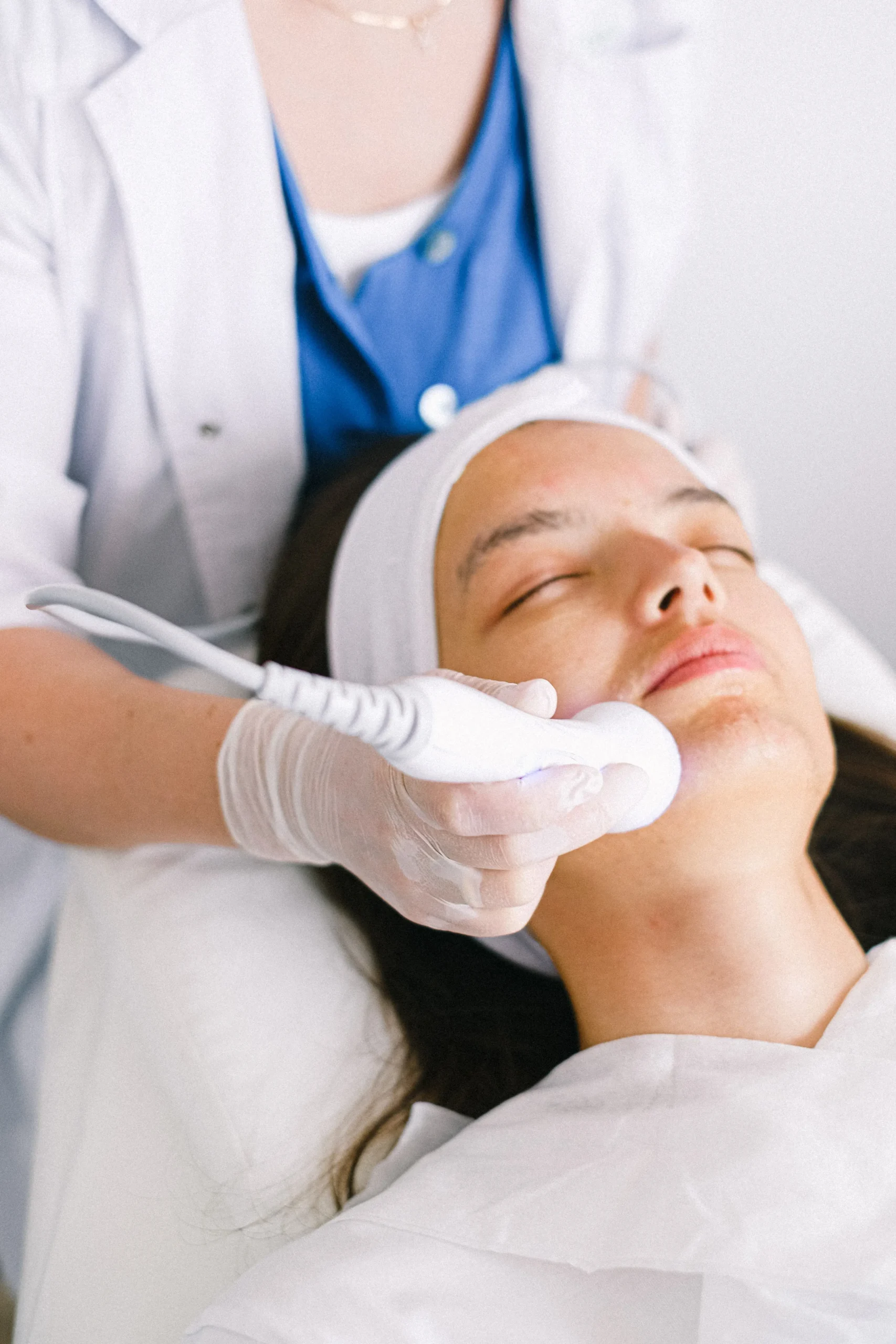Lemon
The lemon tree, one of the oldest cultivated fruit plants, originated in India. Today, lemons grow in subtropical climates all over the world, especially in Florida and the Mediterranean. Though the fruit and its juice have a sour, acidic taste, lemon actually functions as a buffer in the body and can reduce hyperacidity in the stomach. Lemon juice and peel have an antiseptic effect, and the leaves of the tree are used to reduce fever. In addition, lemons are rich in vitamin C, which strengthens the immune system and, acting as an antioxidant, protects cells from free-radical damage. The juice of one lemon supplies 33 percent of your daily vitamin C needs, and 1 tablespoon of lemon peel provides 13 percent. This more than satisfies your daily vitamin C requirement.
SHOPPING TIPS
Choose organic lemons, especially if you plan to use the peel. They should be firm and bright, with a fine- grained skin. A very coarse exterior may indicate a thick skin, which may mean less juicy flesh; large lemons are usually thick-skinned. A lemon that feels heavy for its size should be quite juicy.
LEMON
Therapeutic Effect: Used internally, lemon bas an anti-inflammatory action. It also helps cleanse the body by promoting perspiration and ¢ & acting as a diuretic. At the same time, lemon stimulates the appetite, aids digestion, strengthens the body’s defenses, relieves cramps and generally refreshes. Used externally, lemon dilate blood vessels in the skin.
🙤 Components
In addition to its vitamin-C content, lemon contains pectin and the essential oil constituents limonene, alpha terpinene, alpha pinene, beta pinene and bioflavonoids, which help strengthen capillary walls. The essential oils obtained from lemon peel stimulate the flow of lymph fluids.
🙤 Provides a vitamin-C boost
To increase your vitamin-C intake, eat a lemon every day. In only a few minutes, the vitamin is carried throughout your body. Afterward, you may sense an increase in your performance capabilities and feel more relaxed.
🙤 Aids iron and calcium absorption
Lemon stimulates the production of enzymes and digestive juices in the mucous membrane of the stomach, enhancing the absorption of iron and calcium from foods and supplements.
🙤 Serves as an emergency disinfectant
Lemon juice can disinfect minor wounds or lesions in the mouth and throat, such as canker sores. Apply diluted juice to the affected areas, or gargle with it several times a day.
🙤 Alleviates sore throat and hoarseness
Squeeze one lemon and dilute the juice with 1 cup of hot water. Gargle three times a day with the diluted juice.
Extra Tip
To stop a nosebleed, dribble a small amount of diluted lemon juice (equal parts water and lemon juice) on a cotton ball and dab it repeatedly onto the nasal mucous membrane. The lemon’s astringent effect draws the body tissues together.
A useful remedy for gout, urine retention, arthritis, vitamin-C deficiency, inflammation of the mouth and throat, hoarseness, digestive disorders, nausea, fieartburn, coughs, asthma, nervousness, insomnia, eart palpitations and diseases of the stomach, liver and intestine.
✽ Methods of Administration ✽
♦ Infusion from lemon leaves
Pour 1 cup of boiling water over 3 tsp. of dried leaves and allow to steep for 10 min. To reduce fever and relieve cramps, drink up to 2 cups per day. Sweetened with honey, this tea can help coughs and asthma. It also helps cure . insomnia. To promote . relaxation and deep sleep, drink 1 cup of the tea an hour before retiring.
♦ Lemon peel relieves joint and nerve pain
The fragrant volatile oils found in the peel help relax blood vessels and produce an anti-inflammatory 4 effect, making them useful for joint and ¢ nerve pain. Grate the skin from 1 lemon, being careful to get only the yellow layer and none of the white pith underneath. Rub the grated peel into the affected body parts, and then wrap them with a bandage. Keep it in place for 1-2 hours,
♦ Lemon Juice soothes sunburn
Using cotton balls, gently apply diluted lemon juice to sunburned skin. The juice works as an astringent, relieving pain.
Extra Tip
To stop a nosebleed, dribble a small amount of diluted lemon juice (equal parts water and lemon juice) on a cotton ball and dab it repeatedly onto the nasal mucous membrane. The lemon’s astringent effect draws the body tissues together.
